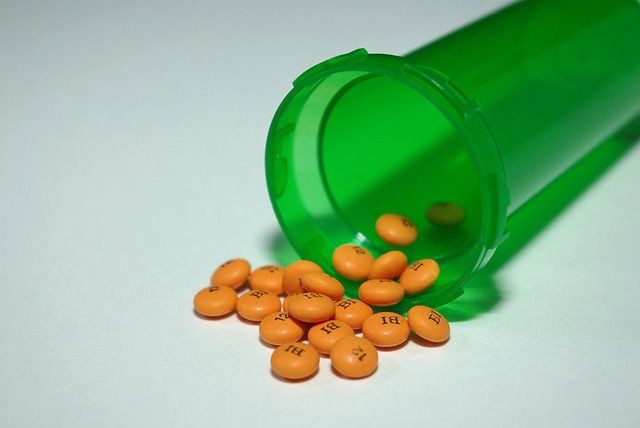Top 10 Most Deadly Drugs In US: Heroin, Cocaine, And More Responsible For 23 Percent Increase In Overdose Deaths

Drugs are one of the single greatest medical innovations, saving countless lives each year. However, for all the lives drugs save, they are also responsible for causing death as well, through both accidental and purposeful injuries. Recent reports from the Center for Disease Control and Prevention show a 23 percent increase in the number of people dying from drug overdoses in the U.S from 2010 to 2014. Here are the top 10 drugs responsible for these deaths. According to Time, for 2014, the top 10 drugs involved in lethal overdoses were:
Heroin
The CDC report that heroin use has increased across the U.S. among men and women, most age groups, and all income levels, and is the number one drug responsible for instances of lethal overdoses. During a heroin overdose, a person’s system can shut down, leading to lethal respiratory depression and slowed or stopped heartbeat. What’s more, it’s possible to overdose on heroin after only your first time using the drug — or the first time you relapse after weaning off it.
Read: Why Drug Abuse Epidemic Skyrocketed In Recent Years
Cocaine
Though a popular party drug, cocaine is the second most popular drug involved in lethal overdoses. People who use cocaine often take it repeatedly within a short time, at increasingly higher doses in an effort to maintain their high. A cocaine overdose affects the heart, drastically and often dangerously increasing heart rate and blood pressure.
Oxycodone
Oxycodone is an opioid medication used to treat pain. The drug is also highly addictive, which means that users often feel the need to increase their amount intake to achieve the same feelings. As a result, overdose can occur. Oxycodone addiction is often marked by lethargic behavior and decreased heart rate and strange breathing patterns, Mental Help reported.
Alprazolam
Alprazolam, also known as Xanax, is used to treat depression and anxiety problems. Overdoses of this type of drug often result in central nervous system depression ranging from drowsiness to coma, RxList reported. An anxious person seeking relief may combine the drug with alcohol — a potentially deadly mix.
Fentanyl
Fentanyl is a synthetic opioid, similar to morphine, and used to treat pain. Fentanyl overdoses will result in low blood pressure, slowed heart rate, and excessive drowsiness.
Morphine
Morphine is used to treat moderate to severe pain, but is also a highly abused drug. Morphine overdoses will cause shallow breathing, slow and labored breathing — or no breathing at all.
Methamphetamine
Methamphetamine, also known as meth or crystal meth, is an addictive stimulant abused for its euphoric effect. Meth overdoses can cause increased heart rate, heart attack, and high blood pressure and body temperature.
Methadone
Methadone is an opioid narcotic most commonly used to help heroin addicts with withdrawal symptoms. However, it is still commonly abused and overdoses of this drug can result in slow breathing and heart rate, severe drowsiness, muscle weakness.
Hydrocodone
Hydrocodone is an opioid pain medication. Overdoses can result in low blood pressure, weak pulse, and trouble breathing.
Diazepam
Diazepam is classified as a benzodiazepine and is used to treat anxiety disorders, alcohol withdrawal symptoms, or muscle spasms. An overdose may cause dizziness, confusion, drowsiness, and unresponsiveness.
See Also:
Five Drug Overdose Deaths In Sacramento Area Tied To Deadly Fentanyl
Fatal Drug Overdose Risk Increases Significantly For Recently Released Prison Inmates



























